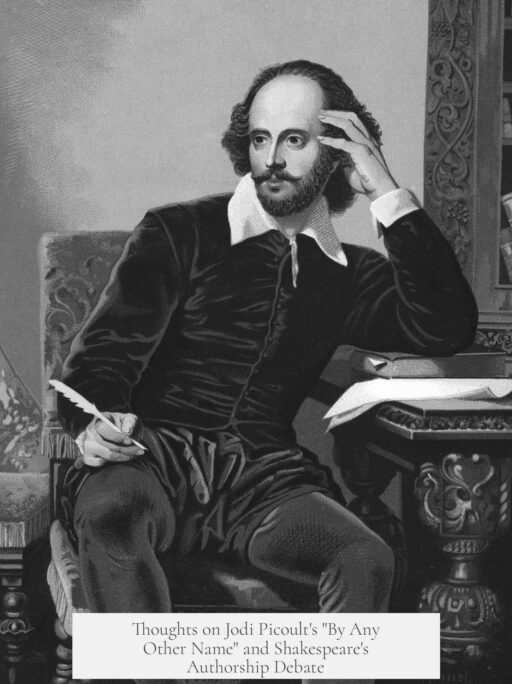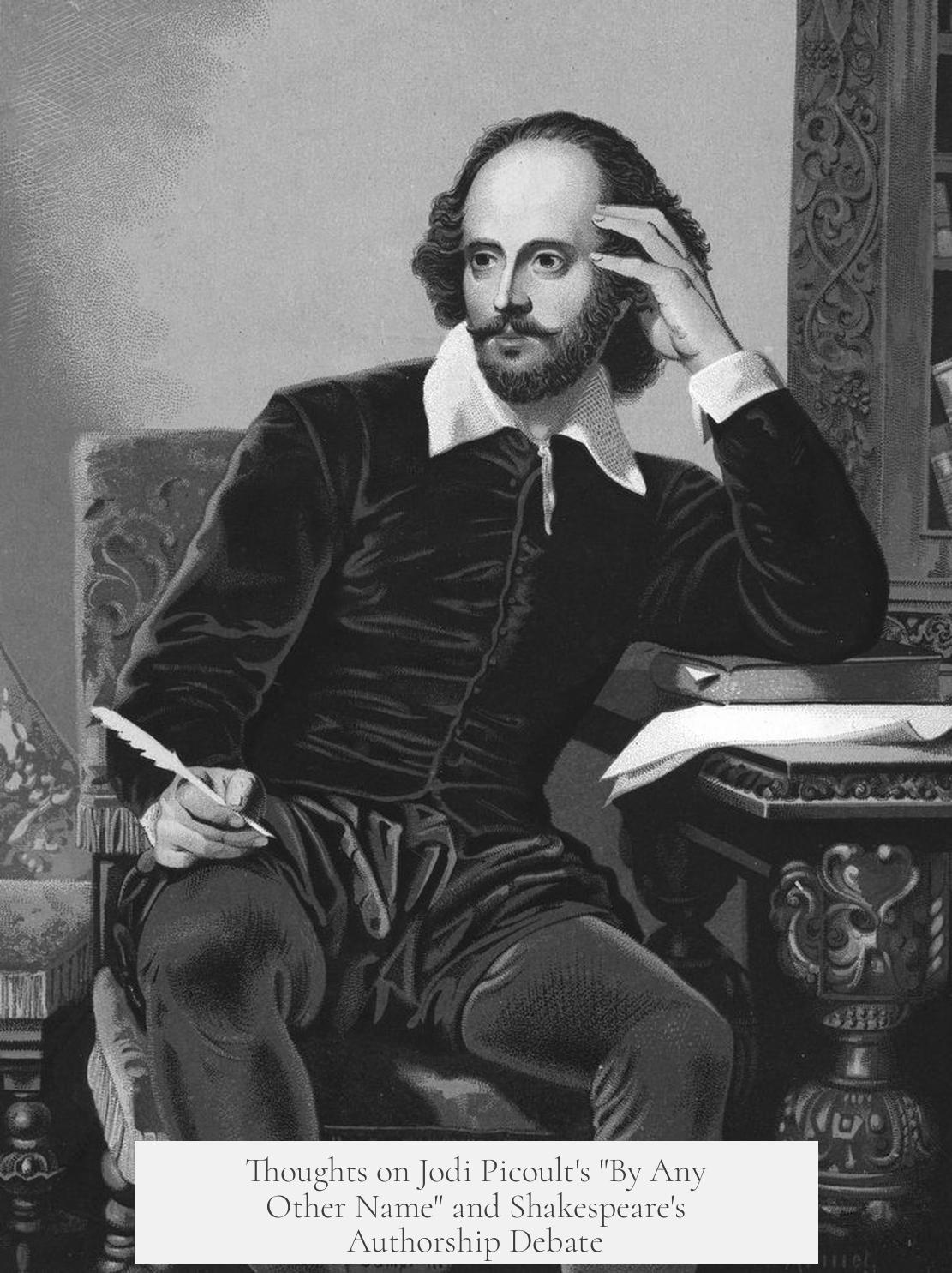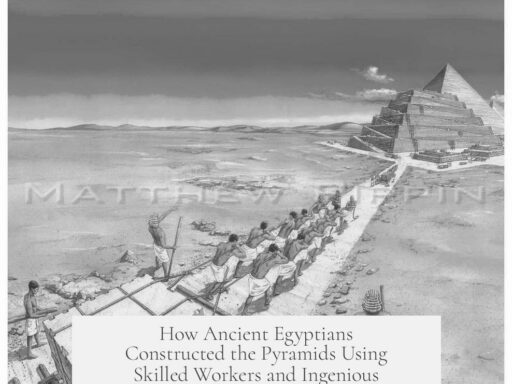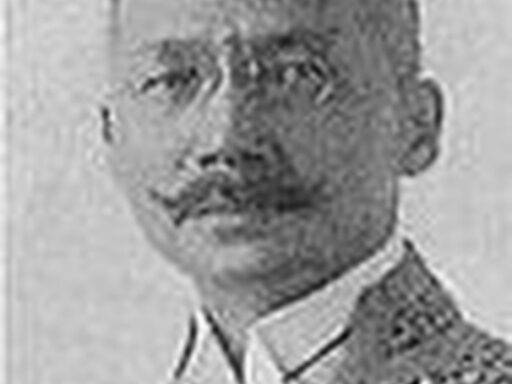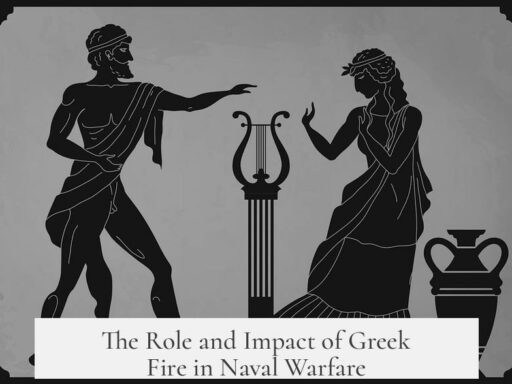Jodi Picoult’s book “By Any Other Name” touches on the contentious debate about the authorship of Shakespeare’s plays. Her arguments have sparked discussion, particularly among Shakespeare scholars and enthusiasts. The consensus from the academic and literary community largely disputes Picoult’s suggestions doubting Shakespeare’s authorship, affirming that William Shakespeare of Stratford-upon-Avon did write the works bearing his name.
The skepticism around Shakespeare’s authorship often stems from a classist notion that a man of modest education and background could not have crafted such profound and complex works. Many argue that this belief underestimates Shakespeare’s actual education and environment. Shakespeare attended grammar school, where he received rigorous training in Latin and rhetoric, comparable to what modern standards might regard as university-level. This education equipped him superbly for the literary achievements he accomplished.
Scholars emphasize that Shakespeare’s schooling focused heavily on language mastery—using rhetoric to craft convincing arguments and embody diverse voices. Such skills are instrumental for a playwright, dispelling the idea that Shakespeare required a university education to produce his plays. His grammar school education was sufficient for his time and evidently effective.
Regarding Shakespeare’s access to foreign settings and cultural details found in his plays, some skeptics, like Picoult, question how Shakespeare could write about places he likely never visited—Italy, for example—without firsthand experience. However, evidence indicates Shakespeare had access to a wealth of information. Books and individuals were sources of knowledge; Italian John Florio was one such contemporary who contributed cultural knowledge accessible to Shakespeare.
Travel was not necessary for an author to create realistic settings, then or now. Writers often rely on secondary materials rather than personal journeys. While Emilia Bassano has been proposed as an alternative candidate due to her Italian background and intellectual prowess, scholarly evaluations highlight significant stylistic differences. Her poetry, which survives, does not bear resemblance to Shakespeare’s sophisticated plays and poems.
Some analyses interpret elements in Shakespeare’s works as reflections of his personal background. For instance, gloves and glovemaking metaphors appear frequently in his plays, linking to his father’s trade as a glovemaker. Additionally, the detailed natural imagery in the plays suggests an author with intimate familiarity with rural life, consistent with Shakespeare’s upbringing. These specific details reinforce his authorship by tying the works to his lived experience.
Picoult’s claim about Shakespeare’s inability to create authentic feminist characters has faced criticism. Great artists can depict perspectives unlike their own, regardless of personal beliefs or societal norms. Female characters such as Juliet and Portia demonstrate nuanced intelligence and strength. Also, in Shakespeare’s time, culture was predominantly oral. Literacy was limited, but that did not hinder cultural participation or inventiveness in character development. His attitude toward literacy, including his daughters’ education, cannot be equated with his capacity for empathy or creative expression.
The scholarly community urges caution before accepting alternative authorship theories. James Shapiro’s book, Contested Will: Who Wrote Shakespeare, is a recommended resource for understanding Elizabethan playwriting and the publishing milieu. Shapiro explains why mainstream scholarship supports Shakespeare and provides critical examinations of other candidates.
The desire to find a conspiratorial alternative author often arises from fascination with Shakespeare’s extraordinary talent. However, no credible evidence supports the claim that Shakespeare did not write his plays. Contemporary accounts, including those of playwright Ben Jonson, acknowledge Shakespeare’s authorship clearly. The plays contain personal touches and knowledge reflective of Shakespeare’s life and times.
Arguments doubting Shakespeare’s authorship generally hinge on assumptions rather than hard evidence. Education, access to information, cultural involvement, and personal background all align logically with Shakespeare’s authorship. Assertions that Shakespeare’s plays must have been penned by an aristocrat or someone else fail under rigorous examination.
- Shakespeare’s grammar school education, focused on Latin and rhetoric, suited him for writing plays.
- He accessed diverse sources, including books and multilingual contemporaries like John Florio.
- Specific play elements recall his childhood environment and family trade.
- Feminist character arguments overlook the capacity of writers to imagine beyond personal experience.
- Alternative candidates like Emilia Bassano lack stylistic and substantive similarity to Shakespeare’s works.
- Ben Jonson and other contemporaries testify to Shakespeare’s authorship.
- Scholarly works, such as James Shapiro’s Contested Will, provide detailed refutations of alternative theories.
In sum, the prevailing expert view supported by historical and literary evidence holds that William Shakespeare wrote the plays attributed to him. Picoult’s narrative, while commercially successful and engaging, does not align with scholarly research or the weight of evidence.
Thoughts on Jodi Picoult’s “By Any Other Name” and Their Take on Shakespeare’s Authorship
Does anyone have thoughts on Jodi Picoult’s book “By Any Other Name,” or her arguments about the authorship of Shakespeare’s plays? The short answer: Shakespeare did write Shakespeare, and Picoult’s claims, while interesting, don’t hold up under scrutiny.
Many readers approach Picoult’s By Any Other Name expecting an intriguing new twist on the Shakespeare authorship debate. And sure, the novel dives into the theory that Emilia Bassano, a female poet of the period, might have penned the Bard’s works. It plays well for storytelling, but reality hits hard when we examine the facts.
First off, the idea that Shakespeare didn’t write the plays springs from a classist notion: a “peasant” like Shakespeare couldn’t possibly produce genius. This is a big stretch. Plenty of evidence shows Shakespeare did write them. Not just modern scholarship but also his contemporaries, like Ben Jonson, called him the playwright they knew well.
Speaking of Shakespeare’s background, Picoult’s portrayal somewhat misses the mark on his education. Shakespeare didn’t need a fancy university degree to write those epic plays. He had a rigorous grammar school education that was the Elizabethan equivalent of graduate-level Latin and rhetoric. That schooling focused on mastering language, argument, and adopting any voice—skills tailor-made for a playwright.
In fact, the renaissance grammar school prepared Shakespeare perfectly for his craft. No, he wasn’t a noble scholar, but he had the tools to spin intricate plots and deep characters.
But what about all the exotic knowledge in the plays—Italy, courts, kings? Some argue Shakespeare couldn’t have known these places without traveling extensively.
Here’s the scoop: authors don’t need a passport to write credibly about foreign lands. Shakespeare had access to books and people. For instance, he knew John Florio, an Italian-English translator, which connects him to authentic cultural details. Plus, do authors today travel everywhere they write about? Nope.
There’s also interesting evidence tying the plays to Shakespeare’s personal life. Gloves and glovemaking metaphors pop up more frequently in his work than in other authors’. That’s no coincidence since Shakespeare’s father was a glovemaker. The plays also reveal a rich understanding of nature—a countryside familiarity that fits Shakespeare’s Stratford upbringing rather than, say, a London court insider’s perspective.
What about Picoult’s feminist angle? She suggests Shakespeare couldn’t have written strong female characters. Let’s pause here: great artists often create characters who don’t reflect their personal beliefs or actions. Take Alice Munro, for example. Shakespeare was writing at a time when most people were illiterate. Plays were aural experiences, enjoyed live rather than read. Literacy for women—and education, period—was very different then. Shakespeare wouldn’t have seen it through today’s lens.
Teaching or not teaching daughters to read didn’t reflect his views on women’s complexity. It was cultural context, not a clue to authorship. Thus, Shakespeare’s creation of vibrant female roles doesn’t demand an alternative writer.
Ok, but what about Emilia Bassano herself? She was a published poet, intelligent and talented. Cool! However, her surviving poetry simply doesn’t match Shakespeare’s style, themes, or sheer range. Her work is distinctively different—more personal lyricism, less dramatic breadth. So naming her the secret Shakespeare runs into a big stylistic bump.
For anyone keen on a deeper dive, James Shapiro’s Contested Will: Who Wrote Shakespeare is a must-read. Shapiro dismantles popular conspiracy theories with historical evidence and explains the realities of Elizabethan playwriting and publishing.
Why do these authorship conspiracies stick around? Because Shakespeare’s genius is so vast, so elusive, people want a grand mystery. But the truth is simple and elegant:
Shakespeare wrote Shakespeare. His genius came from his education, his environment, and his incredible talent, not from some hidden aristocrat or mysterious woman suddenly revealed centuries later.
So next time someone says Shakespeare couldn’t have written the plays, remember the glovemaking metaphors, his solid education, and the contemporary affirmations. Don’t let classism or modern assumptions cloud historical facts.
In sum, Jodi Picoult’s By Any Other Name makes for compelling fiction but falls short as credible literary theory. It sparks discussion, which is good, but evidence firmly supports Shakespeare’s authorship. That’s the narrative grounded in research and reason.
